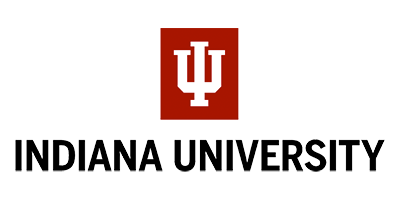Published in JAMA Network Open. Here is a link to the article.
Regenstrief Institute authors: Babar Khan, M.D., M.S.
A recent secondary analysis of the MIND-USA randomized clinical trial evaluated the relationship between post–intensive care syndrome (PICS) in ICU survivors and the burden experienced by their caregivers. The study included 148 adult patient-caregiver pairs from 16 academic medical centers across the United States. Participants were followed at 3 and 12 months post-randomization.
Patients were assessed for physical function, cognitive ability, and PTSD symptoms using standardized tools. Caregivers completed a validated burden questionnaire at the same time points. The analysis revealed that both PICS and caregiver burden at 3 months were significantly associated with their respective outcomes at 12 months. However, no statistically significant longitudinal relationship was found between early PICS and later caregiver burden, or vice versa.
At the 3-month mark, 43.9% of patients showed physical impairments, while 27.7% of caregivers reported high burden levels. By 12 months, patient impairments and caregiver burden remained relatively stable, with a modest decrease in reported caregiver burden. While cross-sectional correlations were confirmed, particularly between physical limitations in patients and caregiver strain, these did not translate into predictive relationships over time.
The findings underscore the importance of evaluating both ICU survivors and caregivers concurrently. Although the study did not demonstrate a reciprocal influence over the long term, the concurrent burden highlights a need for early intervention and ongoing support for both groups following ICU discharge.
The results provide insight into patterns of recovery and caregiver strain, informing future care planning and resource allocation.
Authors:












